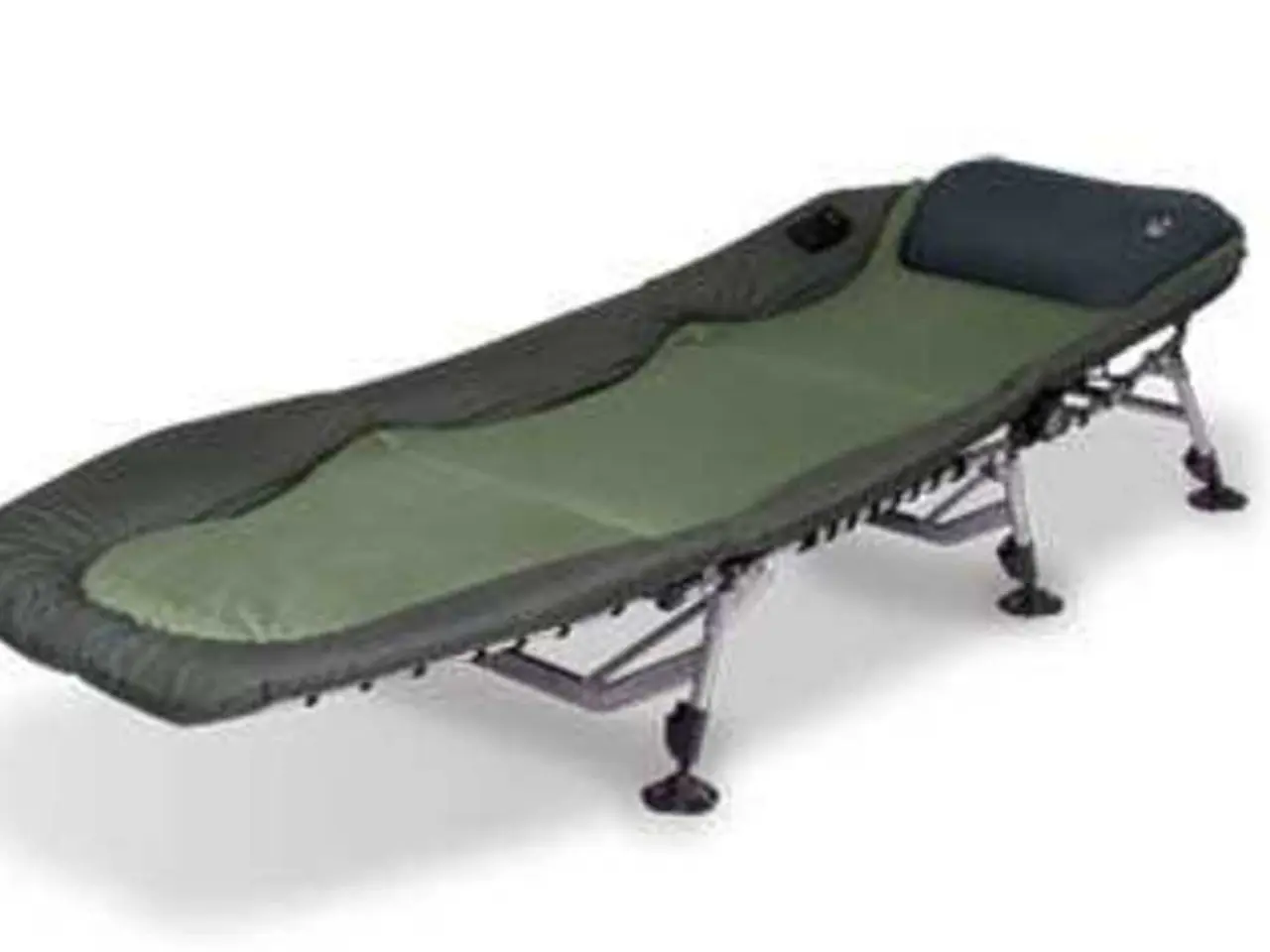Weary limbs: Understanding the root causes and finding effective relief strategies
Chronic and heavy leg fatigue is a common complaint that affects many individuals. This condition can stem from a variety of causes, ranging from lifestyle factors to underlying medical conditions.
One of the primary causes of heavy legs is venous insufficiency and varicose veins. These conditions impair the return of blood from the legs, leading to symptoms such as swelling, heaviness, and fatigue. Prolonged standing, particularly for work, increases the risk of developing these conditions.
Another cause of chronic leg fatigue is muscle overuse or fatigue, often experienced by athletes, runners, or those who engage in prolonged standing or walking. Pregnancy can also cause legs to feel heavy due to increased blood volume, compression of blood vessels, and hormonal changes.
Electrolyte imbalances, dehydration, certain medications, sleep problems, and poor foot posture can also contribute to heavy legs. Chronic medical conditions such as anemia, diabetes, peripheral artery disease, chronic fatigue syndrome, and systemic illnesses like rheumatoid arthritis or lupus may cause generalized or leg-specific fatigue.
Lifestyle factors such as prolonged inactivity, obesity, and poor circulation can also contribute to heavy legs. People with obesity have less relative strength in their legs compared to those without this condition, which can cause leg muscles to feel weak and tired.
Home remedies for heavy legs include leg elevation, compression therapy, hydration, balanced nutrition, regular, gentle exercise, massage, and warm baths or heating pads. Medical treatments may involve addressing underlying conditions, medication adjustment, physical therapy, or specialized care for chronic fatigue syndrome, autoimmune diseases, or other systemic conditions.
Persistent, worsening, or unexplained leg fatigue—especially if accompanied by swelling, pain, skin changes, or systemic symptoms—should prompt medical evaluation to rule out serious conditions like deep vein thrombosis, peripheral artery disease, or systemic illness.
In summary, chronic and heavy leg fatigue can have multiple causes, from lifestyle factors to underlying medical conditions. Home remedies can provide relief for many cases, but persistent or severe symptoms warrant medical evaluation. If in doubt, consult a healthcare provider to diagnose the underlying cause and tailor treatment to your specific needs.
- Chronic and heavy leg fatigue can be a bothersome issue, arising from diverse origins such as venous insufficiency, varicose veins, or other underlying medical conditions like bipolar, diabetes, colitis, depression, or chronic diseases like crohns, eczema, obesity, atopic dermatitis, ulcerative colitis, psoriasis, nsclc, and other mental health issues.
- Chronic medical conditions like type 2 diabetes, bipolar, or rheumatoid arthritis can engender generalized or leg-specific fatigue.
- Varicose veins, in addition to causing heavy legs, might also lead to complications such as deep vein thrombosis.
- Incorporating fitness and exercise, skin care, and nutrition into one's workplace-wellness routine could help prevent heavy legs and other chronic diseases.
- Adequate hydration and balanced nutrition are essential for alleviating heavy legs and promoting overall health-and-wellness.
- Migraines, respiratory conditions, and other conditions that negatively impact mental health can also contribute to leg fatigue.
- Electrolyte imbalances, dehydration, certain medications, sleep problems, and poor foot posture can lead to heavy legs, making them feel tired and weighed down.
- For sufferers of chronic medical conditions, therapies and treatments might provide relief from their leg fatigue symptoms.
- People who are overweight or obese might experience heavier legs due to reduced relative strength in their legs, resulting in weaker and more tired muscles.
- Enlisting a healthcare provider's help is essential for addressing persistent, worsening, or unexplained leg fatigue, as well as for ruling out potentially serious conditions like deep vein thrombosis, peripheral artery disease, or systemic illnesses.
- In order to diagnose the root cause of leg fatigue and provide targeted treatment, it's crucial to consult with a medical professional.
- Addressing the underlying cause is vital for resolving leg fatigue and promoting overall recovery.
- Home remedies, such as leg elevation, compression therapy, massage, and warm baths, can alleviate the symptoms of heavy legs in many cases.
- Seeking medical attention is essential if other symptoms, like swelling, pain, skin changes, or systemic symptoms, accompany leg fatigue.
- Prompt medical evaluation is recommended for any persistent, worsening, or unexplained leg fatigue to rule out possible serious health issues.







